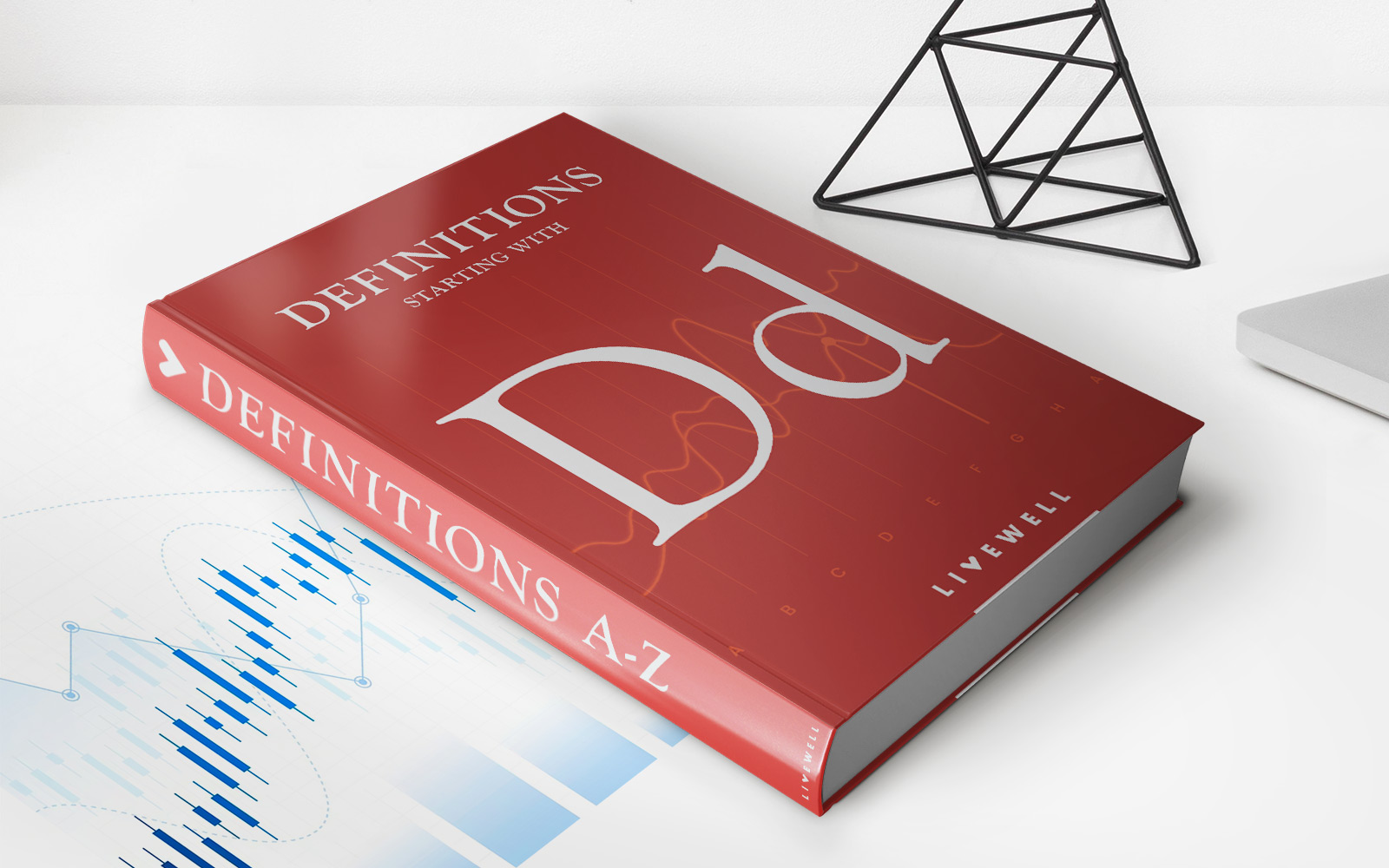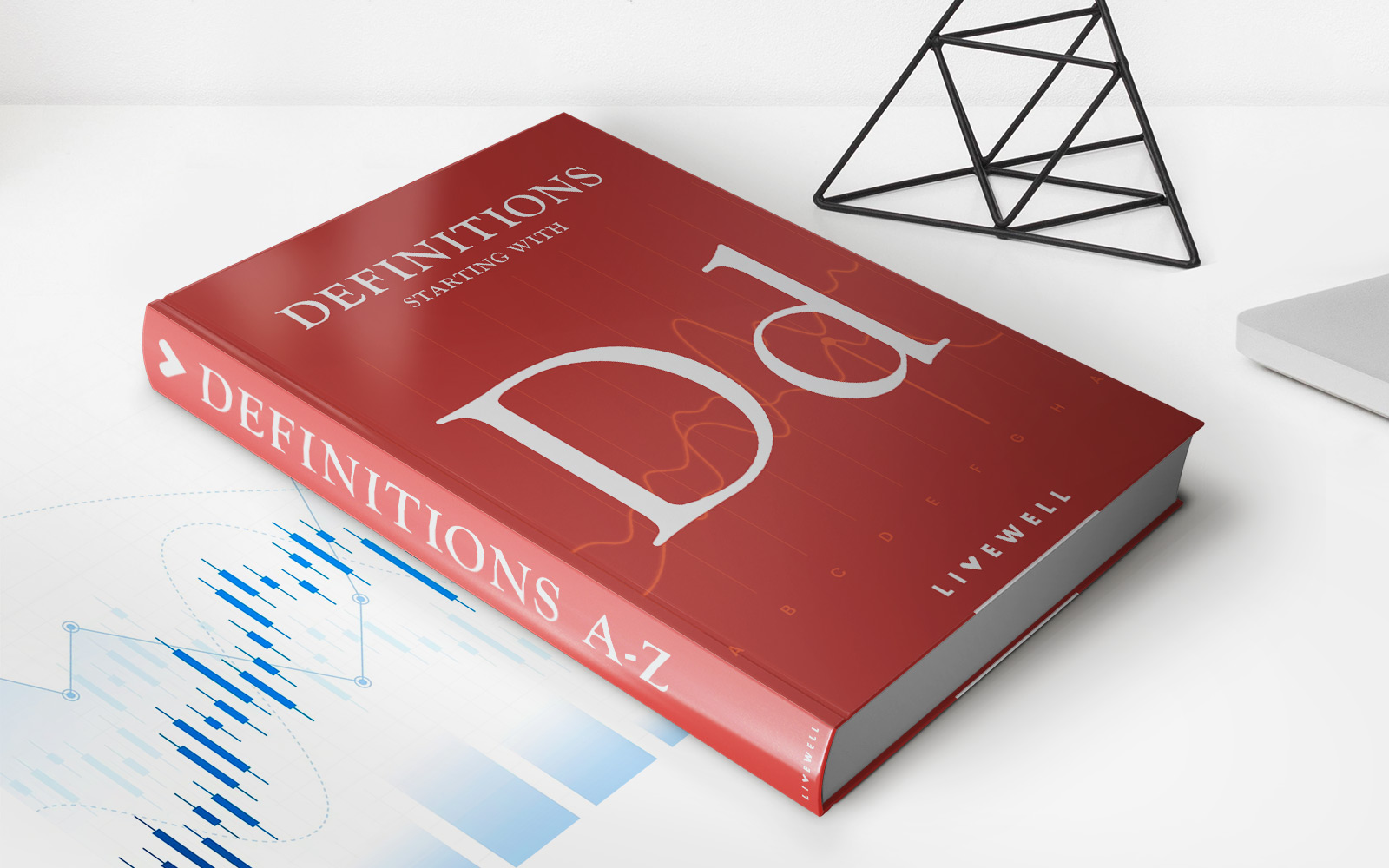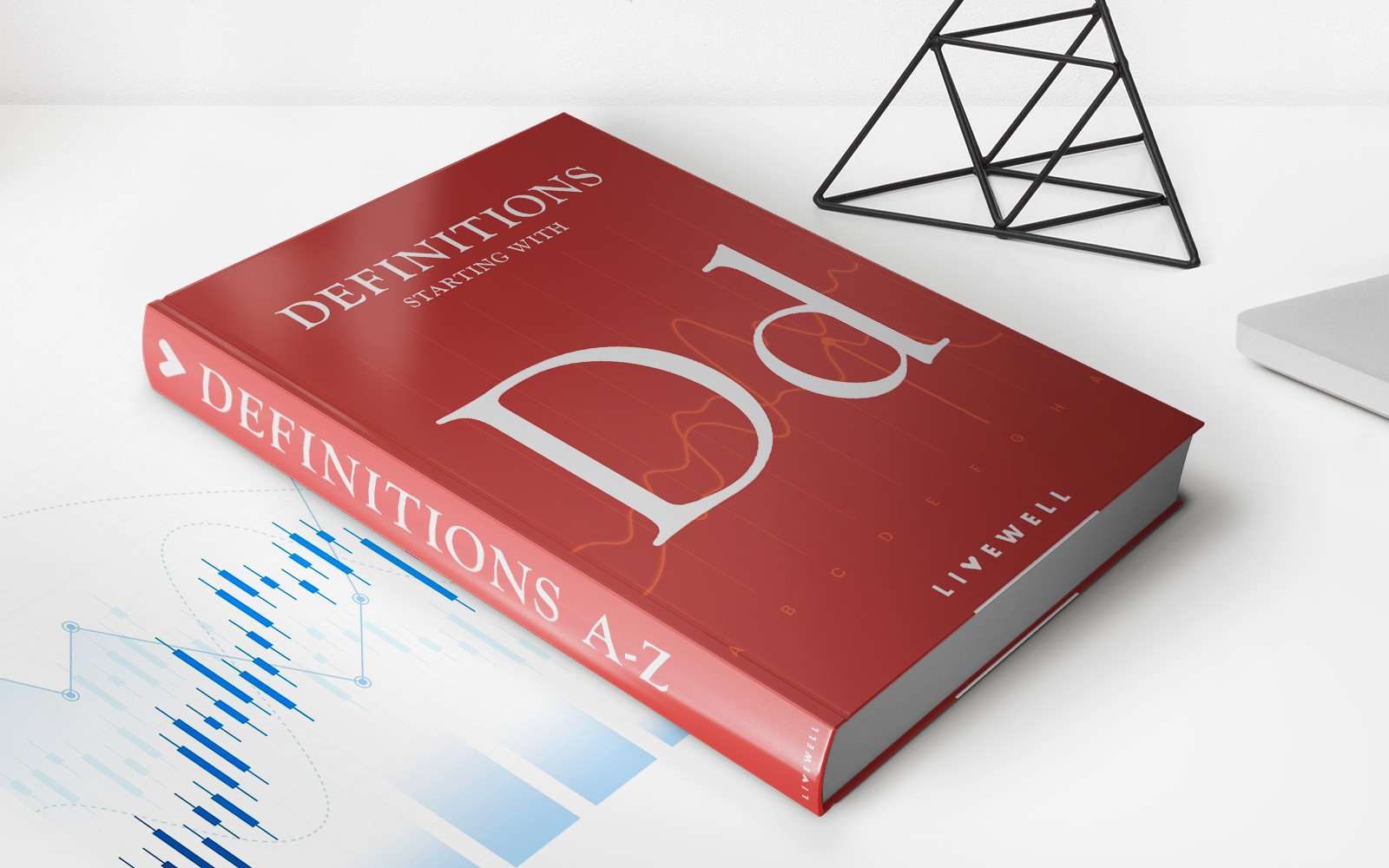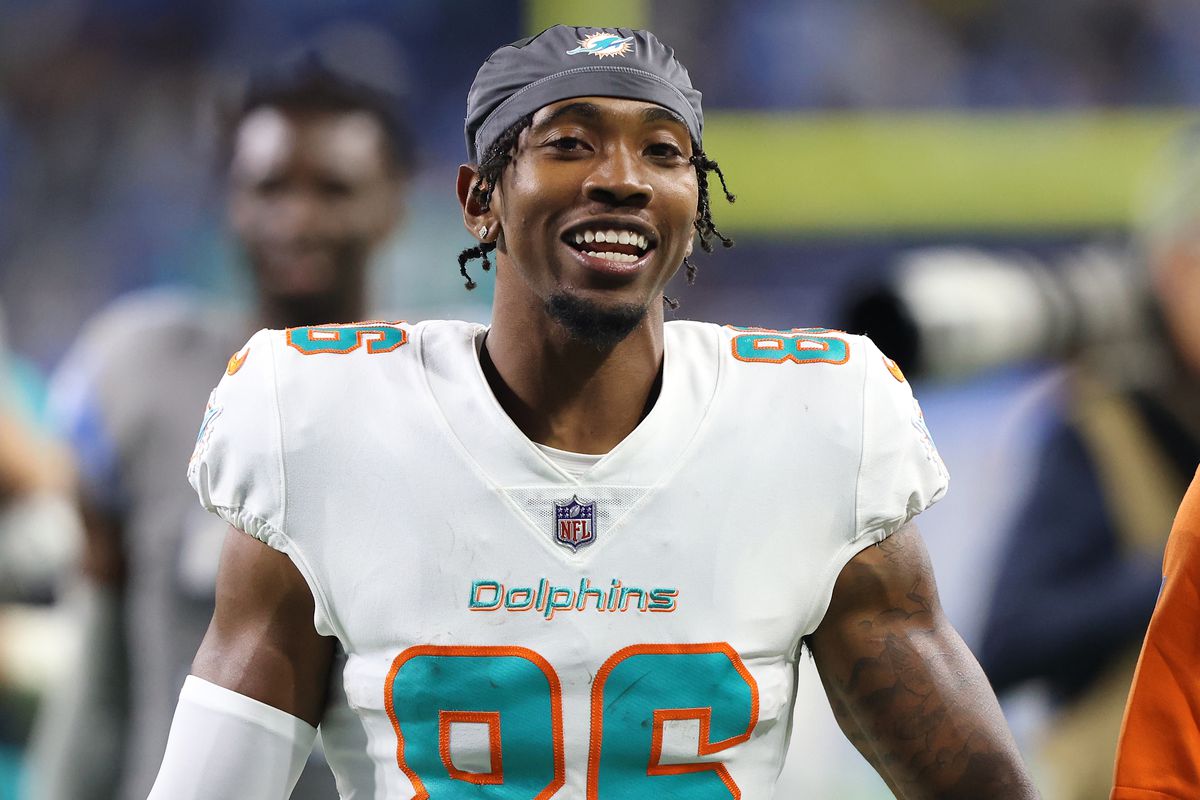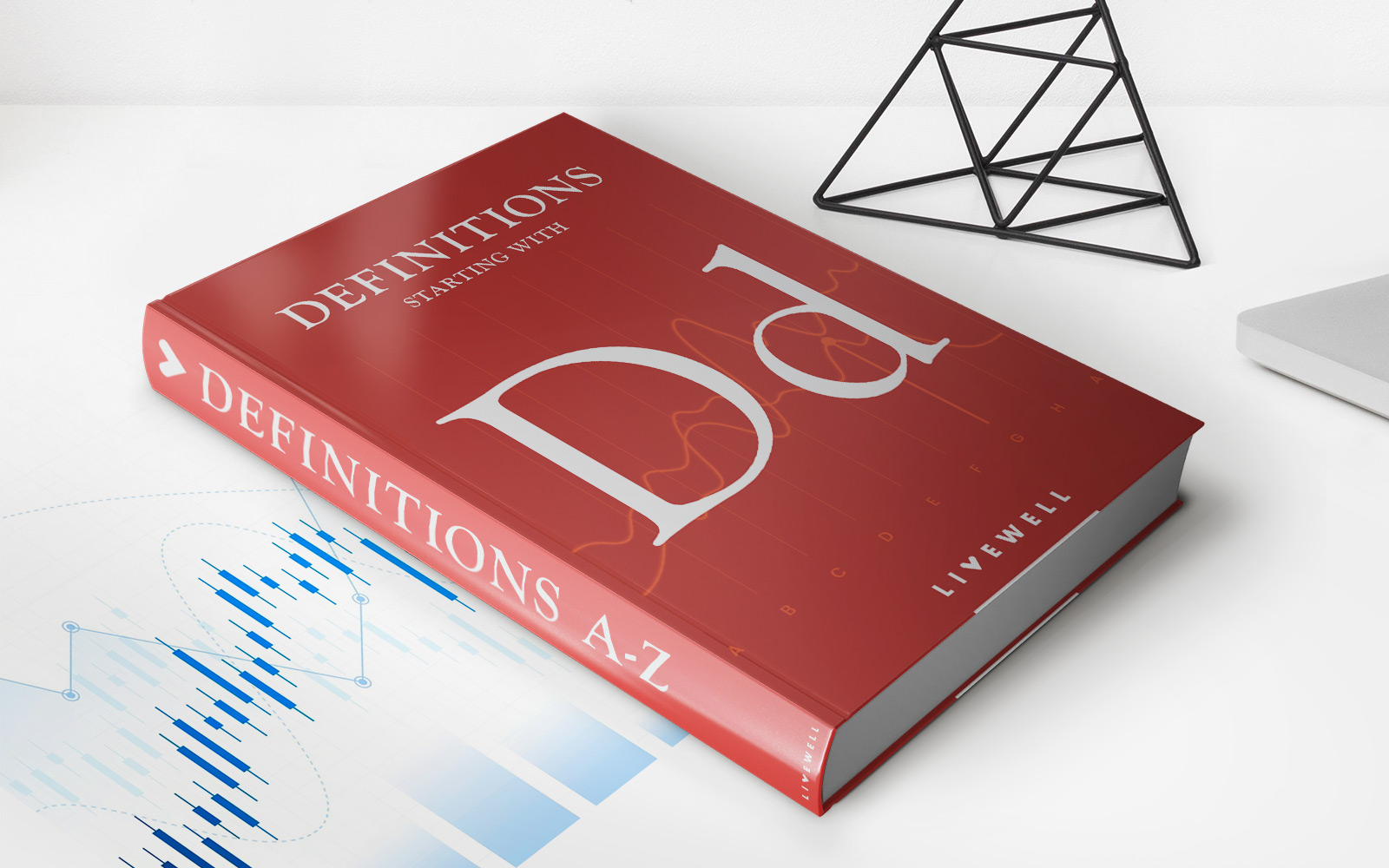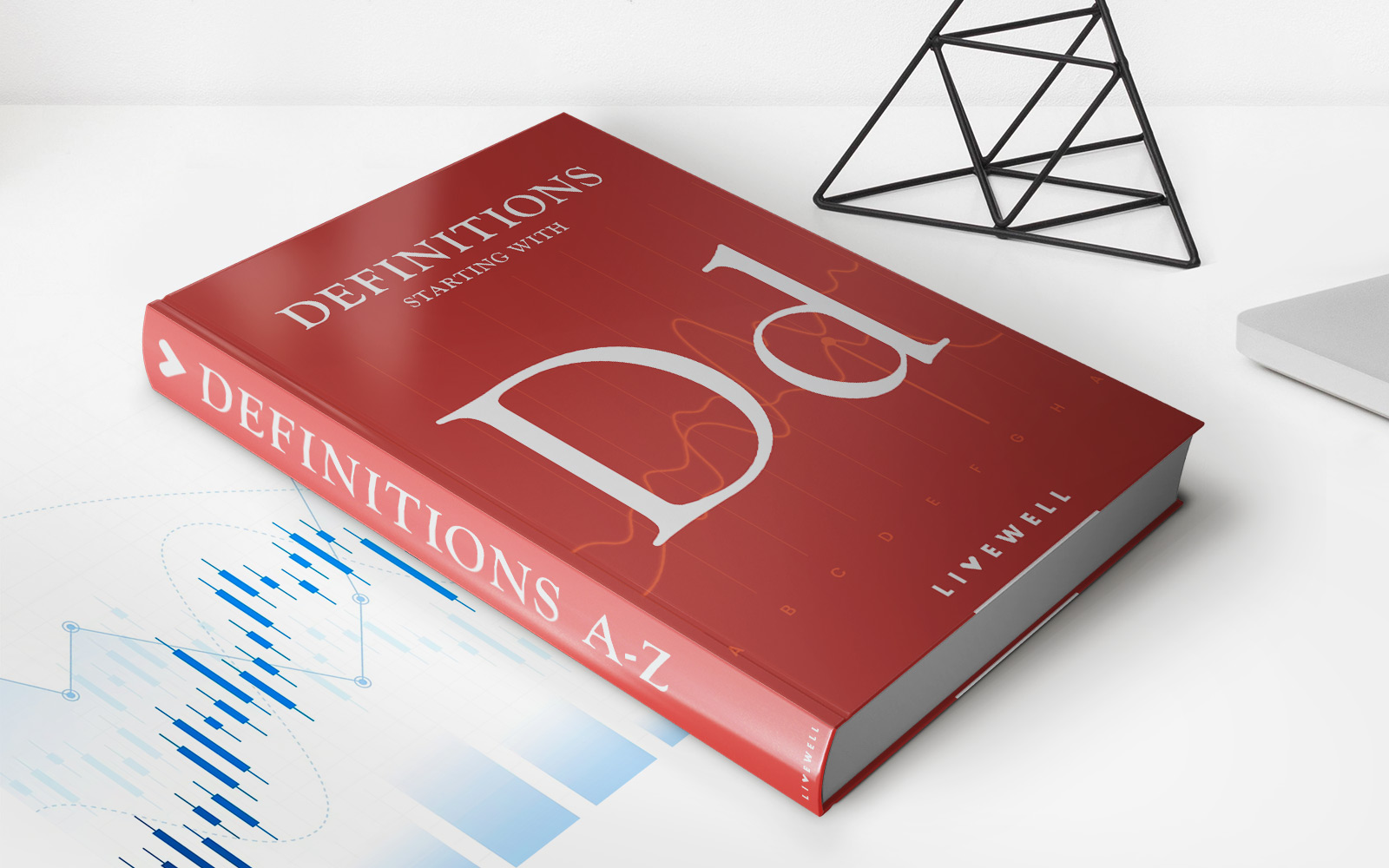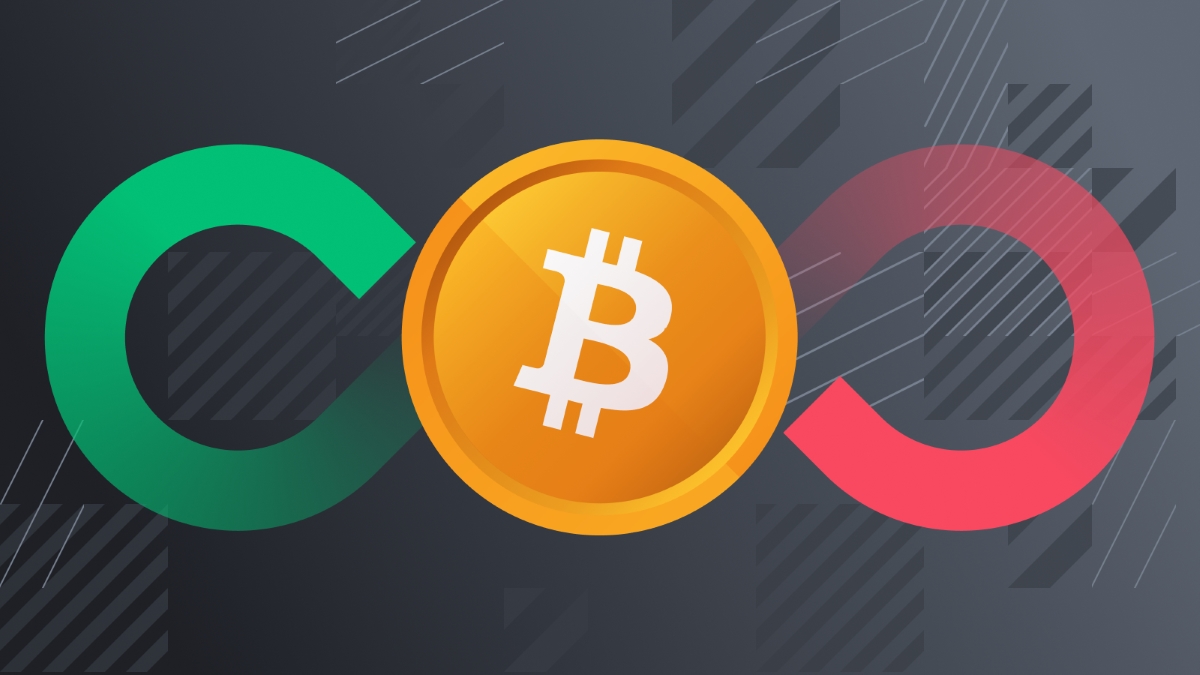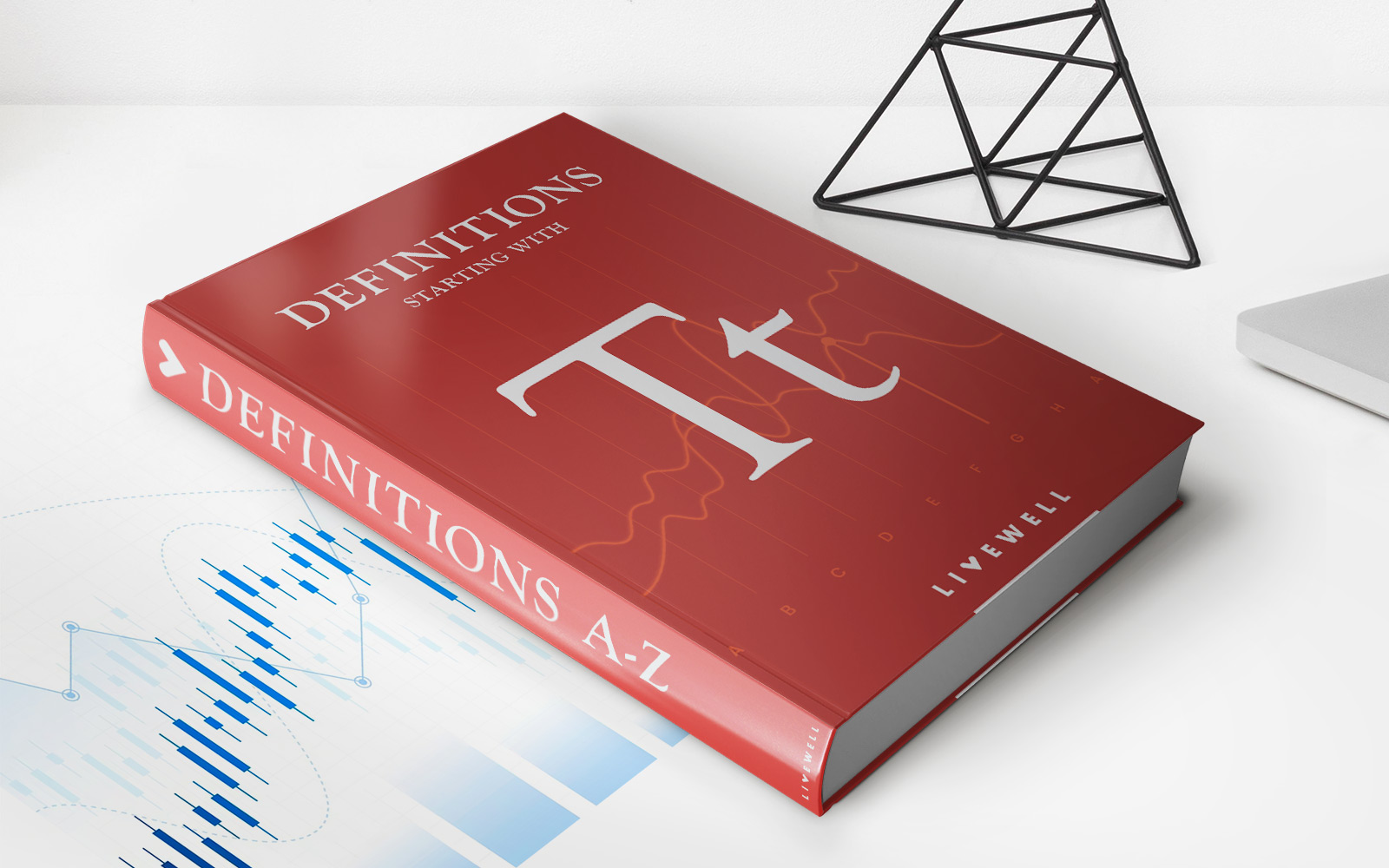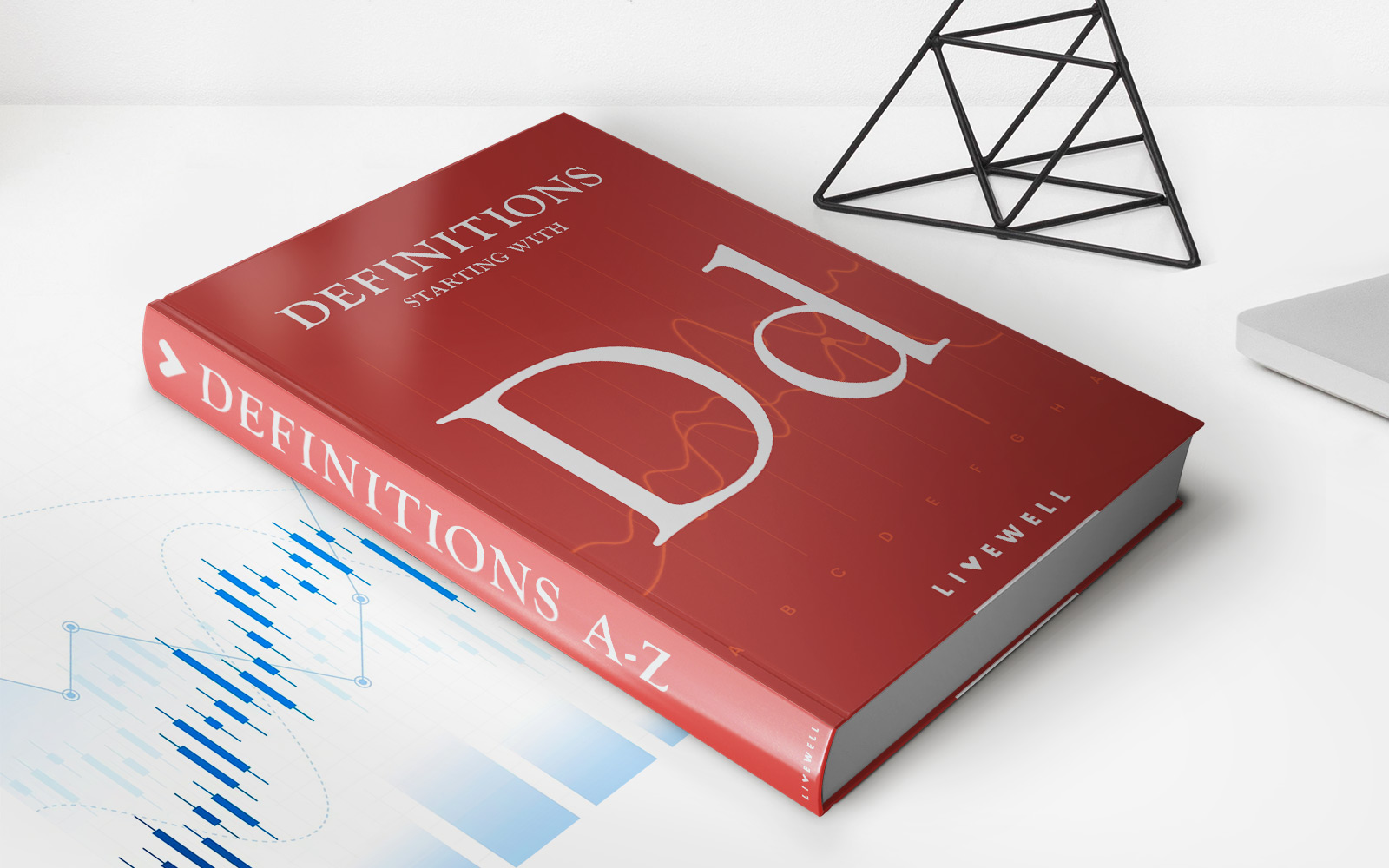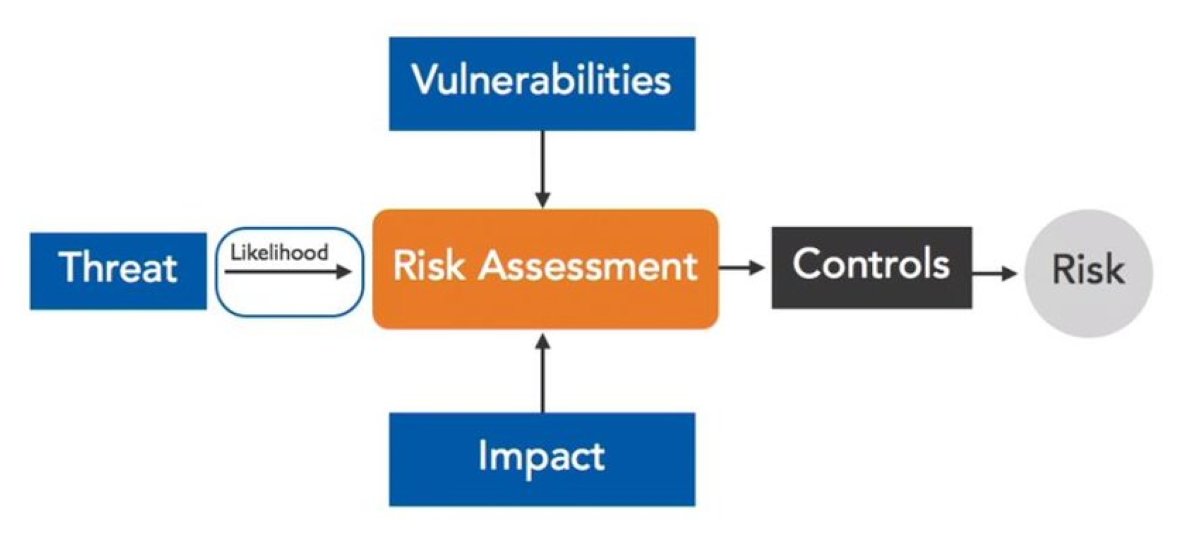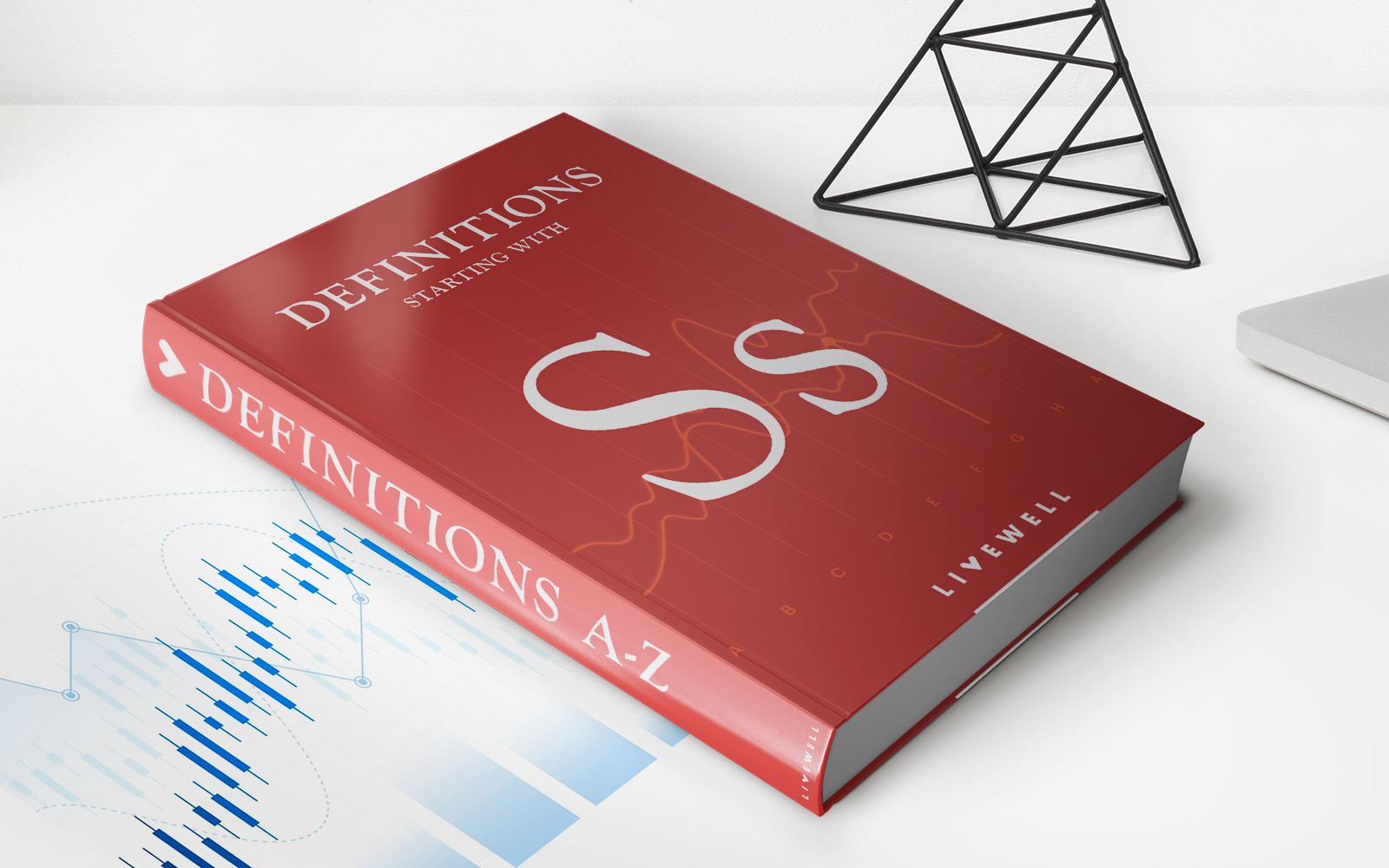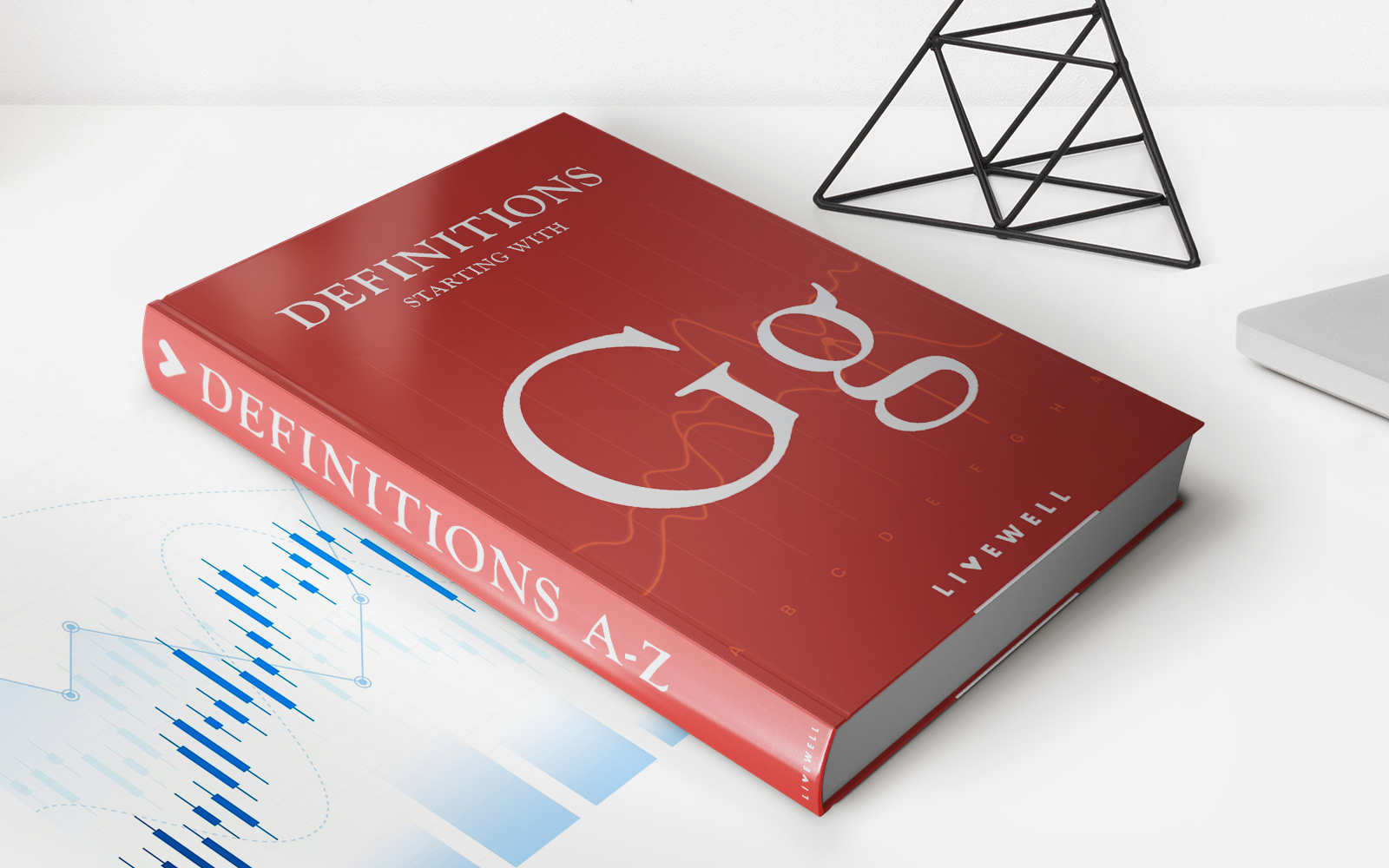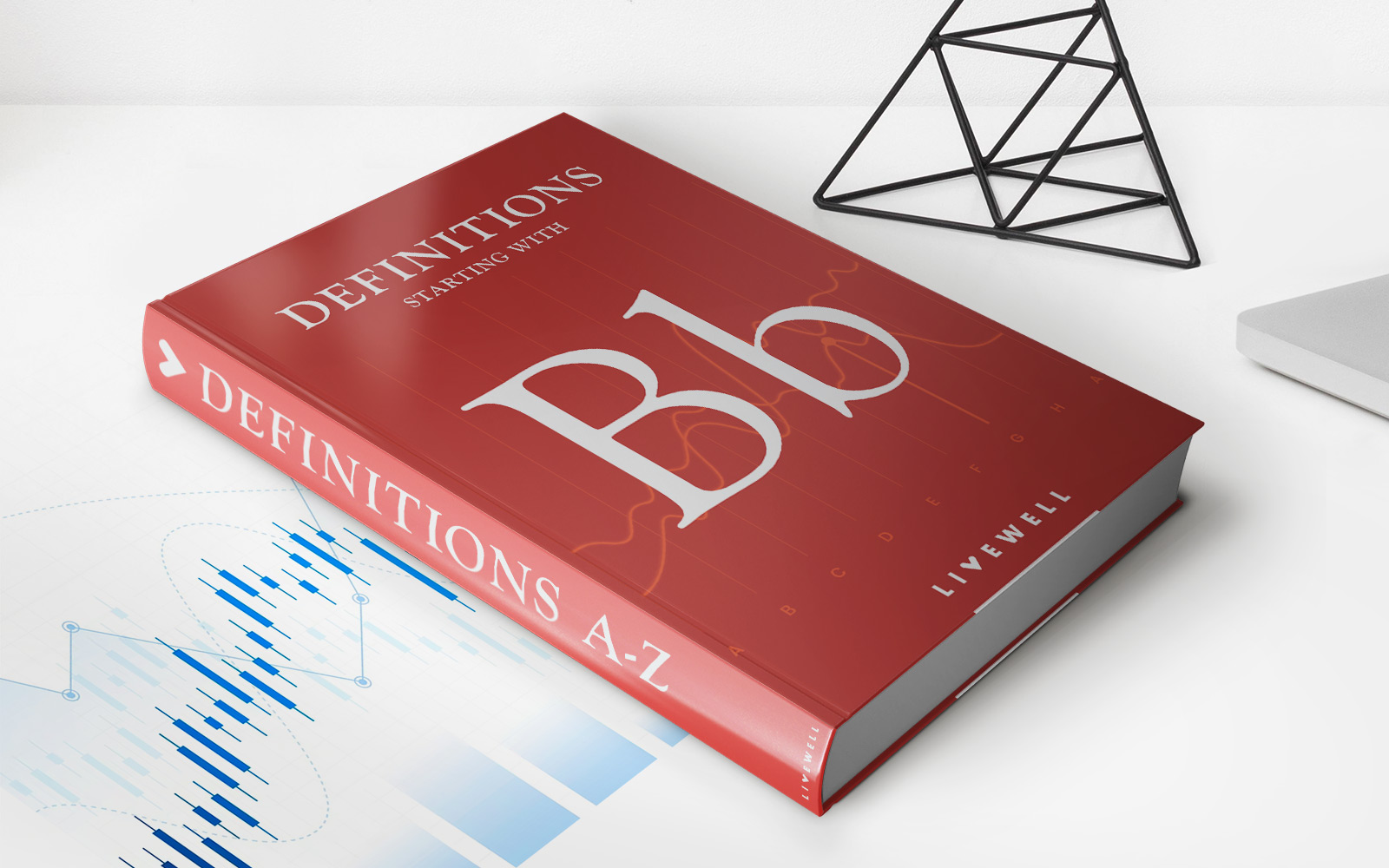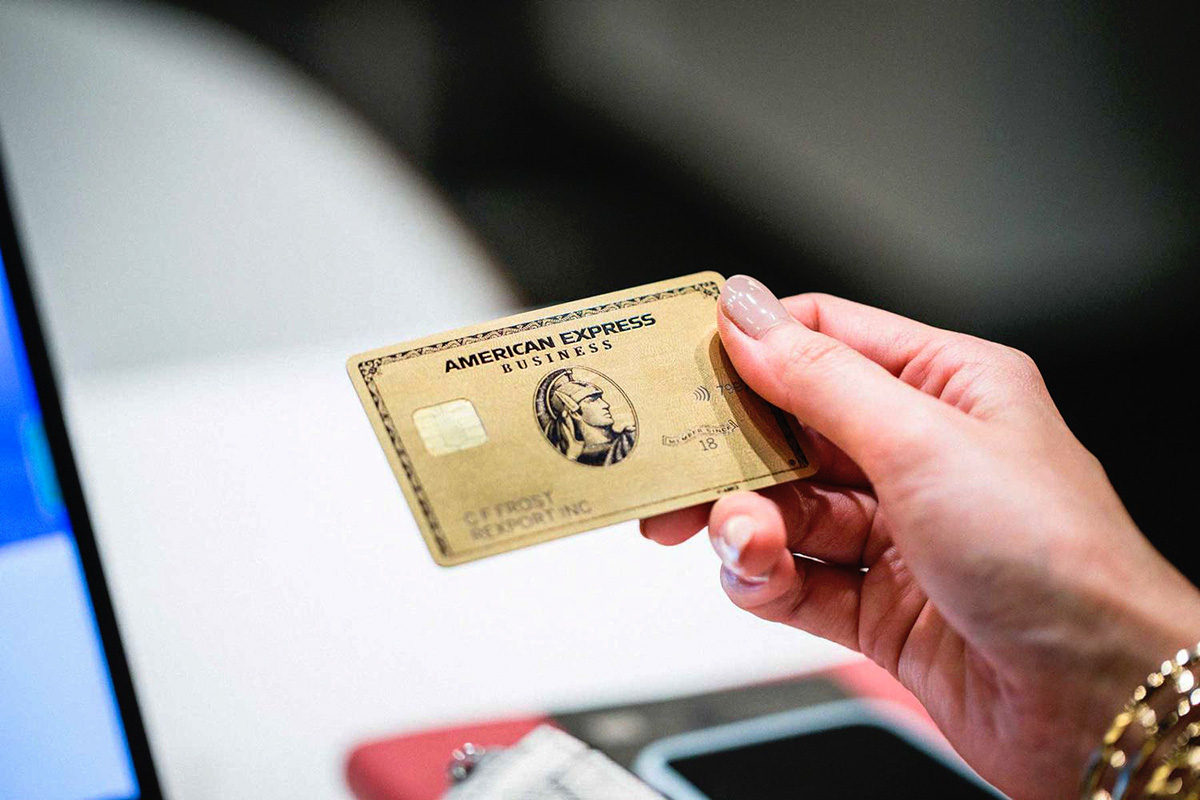Home>Finance>What Is The Symbol For Dow Jones Futures Contracts
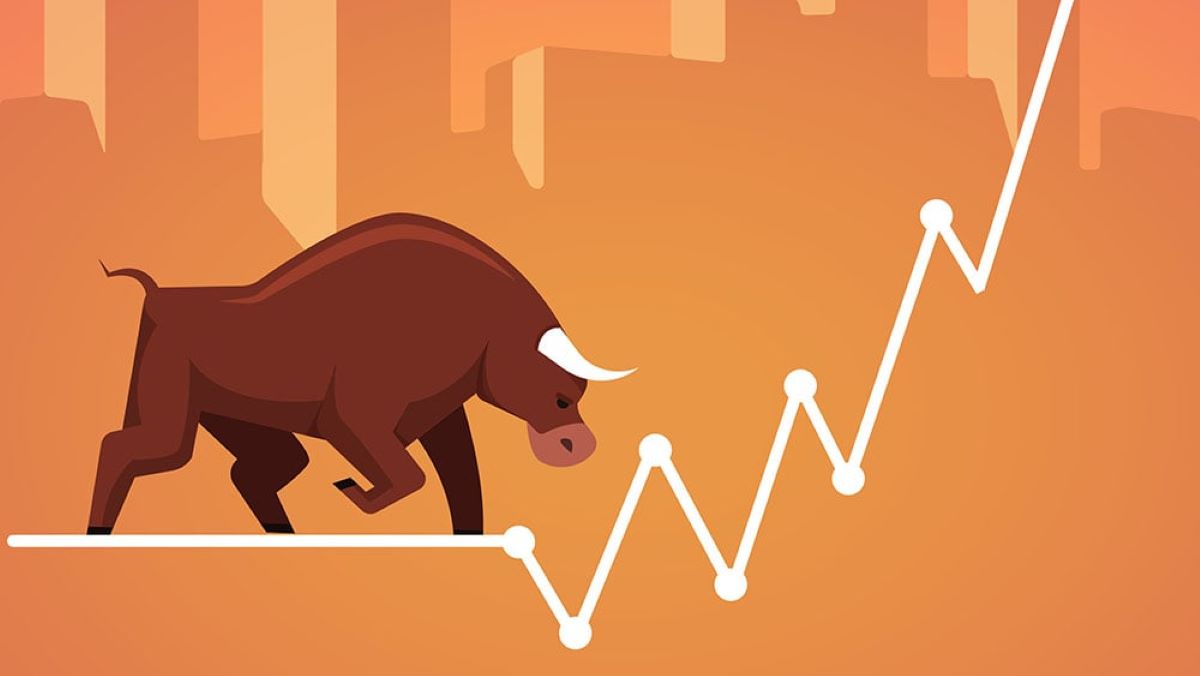

Finance
What Is The Symbol For Dow Jones Futures Contracts
Published: December 24, 2023
Learn about the symbol used for Dow Jones futures contracts and its significance in the world of finance. Discover the key details and factors to consider when trading these derivatives.
(Many of the links in this article redirect to a specific reviewed product. Your purchase of these products through affiliate links helps to generate commission for LiveWell, at no extra cost. Learn more)
Table of Contents
Introduction
Welcome to the world of finance and futures trading! If you’re interested in the stock market and want to explore investment opportunities beyond traditional stocks, you may have come across the term “Dow Jones Futures Contracts.” But what exactly are they, and why are they important?
Dow Jones Futures Contracts are derivative financial instruments that allow investors to speculate on the future direction of the Dow Jones Industrial Average (DJIA), one of the most well-known stock market indices in the world. These contracts represent an agreement to buy or sell the DJIA at a predetermined price on a future date. They offer a way for traders to hedge against market volatility, speculate on future market movements, or diversify their investment portfolios.
Understanding how Dow Jones Futures Contracts work and knowing the symbol used to identify them is crucial for those interested in participating in futures trading and navigating the dynamic world of finance. In this article, we will explore the significance of Dow Jones Futures Contracts and discuss the symbol used to represent them.
So, if you’re ready to dive deeper into the realm of finance and futures trading, let’s begin our journey by understanding the importance of Dow Jones Futures.
Understanding Dow Jones Futures
Before delving into the details of Dow Jones Futures Contracts, it’s essential to have a solid understanding of what they are and how they function.
Dow Jones Futures Contracts are essentially agreements to buy or sell the DJIA at a specified price, with delivery and settlement occurring at a future date. These contracts are standardized and traded on regulated exchanges, such as the Chicago Mercantile Exchange (CME), providing a centralized marketplace for buyers and sellers to execute their trades.
Unlike investing in individual stocks or exchange-traded funds (ETFs), which involve the ownership of shares, futures contracts are purely based on speculation about the future price movements of the underlying asset, in this case, the DJIA. This means that traders can profit from both rising and falling markets, making futures trading a versatile tool for financial strategies.
When trading Dow Jones Futures Contracts, traders are not required to pay the full value of the contract upfront. Instead, they only need to deposit a small percentage of the contract’s total value, known as margin. This allows traders to control a larger position with a smaller amount of capital, increasing the potential for both profits and losses.
It’s important to note that Dow Jones Futures Contracts have expiration dates. This means that traders need to settle their positions before the contract expires by either closing their position or rolling it forward to a new contract with a later expiration date. Failure to do so can result in physical delivery of the underlying asset, which is not typically the desired outcome for most futures traders.
In summary, Dow Jones Futures Contracts provide traders with an avenue to speculate on the future price movements of the DJIA without owning the underlying stocks. They offer flexibility, leverage, and the potential for profits in both rising and falling markets. However, they also come with inherent risks, including the possibility of substantial losses. Therefore, it’s crucial for traders to thoroughly understand the intricacies of futures trading and employ risk management strategies to navigate the dynamic nature of the markets.
Importance of Dow Jones Futures
Now that we have a basic understanding of Dow Jones Futures Contracts, let’s explore why they are important in the world of finance and trading.
1. Market Insight and Direction:
Dow Jones Futures Contracts provide valuable insights into the market sentiment and direction. As a leading benchmark index, the DJIA represents the performance of 30 major companies across various sectors. By analyzing the trading activity and price movements of Dow Jones Futures, traders and investors can gain a better understanding of market trends and make informed decisions about their investments.
2. Risk Management and Hedging:
One of the primary purposes of futures contracts is to manage risk and protect against adverse price movements. Dow Jones Futures allow traders to hedge their existing stock positions. For example, if one holds a portfolio of stocks aligned with the DJIA’s performance, a short position on Dow Jones Futures can offset potential losses if the market declines.
3. Speculation and Profit Potential:
Dow Jones Futures Contracts offer opportunities for speculation and potential profits. Traders can take advantage of both bullish and bearish market conditions by going long (buying) or short (selling) on the contracts. The leverage provided by futures contracts allows traders to control a large position with a fraction of the capital, providing the potential for substantial gains if the market moves in their favor.
4. Diversification and Portfolio Management:
Adding Dow Jones Futures Contracts to an investment portfolio can enhance diversification. These contracts offer exposure to stock market movements beyond traditional stock ownership. By incorporating futures contracts into their strategies, investors can potentially reduce their overall portfolio risk and improve long-term returns.
5. Liquidity and Access:
Dow Jones Futures Contracts are traded on regulated exchanges, ensuring high liquidity and easy access for investors and traders. This accessibility allows for seamless execution of trades and the ability to enter and exit positions quickly, even during volatile market conditions.
Overall, Dow Jones Futures Contracts play a significant role in the financial markets by providing valuable insights, managing risk, offering profit potential, enhancing diversification, and providing liquidity and access. Whether you’re a professional trader, investor, or someone interested in the dynamics of the stock market, understanding and utilizing Dow Jones Futures Contracts can be a valuable tool in your financial endeavors.
Symbol for Dow Jones Futures Contracts
When it comes to trading Dow Jones Futures Contracts, it’s important to be familiar with the proper symbols used to identify each specific contract. The symbol for Dow Jones Futures Contracts is derived from the combination of the DJIA symbol and the expiration month code.
The DJIA symbol is a four-letter code that represents the Dow Jones Industrial Average. It is commonly referred to as the “Dow” and is used to track the performance of 30 major publicly-traded companies in the United States. The DJIA symbol is widely recognized and commonly used in financial news and discussions, making it an essential reference point for traders and investors.
The expiration month code is denoted by a single letter and represents the month in which the futures contract is scheduled to expire. The months are assigned specific letters as follows:
- F – January
- G – February
- H – March
- J – April
- K – May
- M – June
- N – July
- Q – August
- U – September
- V – October
- X – November
- Z – December
To create the symbol for Dow Jones Futures Contracts, we combine the DJIA symbol with the expiration month code. For example, if we want to refer to a Dow Jones Futures Contract with an expiration date in February, the symbol would be DOWG.
It’s important to note that Dow Jones Futures Contracts have multiple expiration dates throughout the year, allowing traders to choose contracts that align with their desired trading timeframe. Each contract represents a specific month and is usually listed with a range of expiration dates. Therefore, when trading Dow Jones Futures, it is crucial to specify the correct symbol to ensure accurate execution of the desired contract.
Traders and investors can easily access the various Dow Jones Futures Contracts and their respective symbols through trading platforms, financial websites, and market data providers. By understanding and utilizing the correct symbol, traders can effectively execute their desired trades and participate in the dynamic world of futures trading.
Conclusion
As we conclude our exploration of Dow Jones Futures Contracts, it becomes evident that these derivative financial instruments hold great significance in the world of finance and trading. Understanding how these contracts work and their symbol is crucial for anyone looking to venture into futures trading or gain insights into market trends.
Dow Jones Futures Contracts offer valuable insights into market sentiment and direction, allowing traders and investors to make informed decisions. They also enable risk management and hedging strategies, providing a way to protect against adverse price movements. Furthermore, these contracts offer opportunities for speculation and potential profits, with the leverage they provide allowing for greater control over a position.
Incorporating Dow Jones Futures Contracts in an investment portfolio can enhance diversification and portfolio management, while the high liquidity and easy access of these contracts ensure smooth execution of trades, even during volatile market conditions.
When trading Dow Jones Futures Contracts, it is essential to be familiar with the symbol used to identify each specific contract. The combination of the DJIA symbol and the expiration month code creates the symbol for these contracts, ensuring accurate execution and participation in the desired contract.
Whether you’re a seasoned trader, an investor looking to diversify your portfolio, or someone interested in understanding financial markets, Dow Jones Futures Contracts offer valuable opportunities and insights. However, it’s crucial to remember that futures trading carries inherent risks, and it’s important to approach it with proper knowledge, risk management strategies, and a solid understanding of the underlying market dynamics.
So, as you venture further into the world of finance and trading, keep in mind the importance of Dow Jones Futures Contracts and their symbols. Stay informed, stay aware, and continue to explore the exciting opportunities that the financial markets have to offer.
